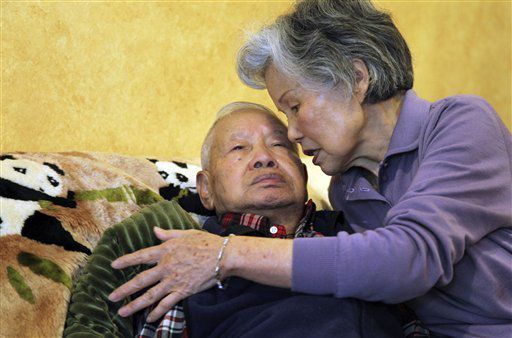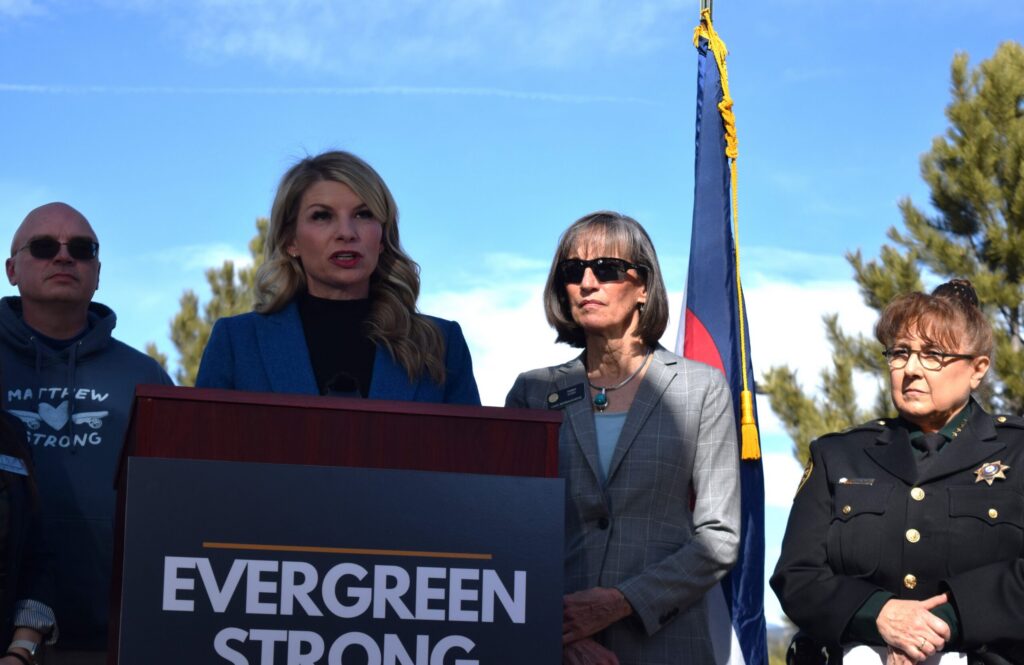Colorado Springs fee rebate program to encourage more affordable housing

A proposed city of Colorado Springs fee rebate program for developers could help encourage more affordable housing for some of the lowest income residents in town.
The proposal would score housing projects to reward them for setting aside a majority of the units in a project for those who need them most based on income and ensuring the units will be affordable for more than 20 years, among other factors.
Colorado Springs ranks as the nation’s No. 2 city in annual Best Places to Live report
While the rebates will be small compared to the overall cost of housing projects, it will help them secure financing through the state, said Steve Posey, community development program manager. He pitched the idea to the Colorado Springs City Council on Monday. The board will vote on the rebate program later in the month.
“This is the type of program that really puts the city and projects that are located within the city of Colorado Springs in a very competitive position,” he said.
The city is 16,000 affordable housing units short and needs to encourage more construction, Posey said. The estimated number of affordable units needed is based on how many people are paying more than 30% of their income on housing.
One of the housing projects likely to receive a rebate is Paloma Garden, a proposed $32 million senior housing project near Chelton Road and U.S. 24. The project is expected to rehab 51 existing units in the Volunteers of America Laurel Gardens Apartments and build 76 new units on a lot to the northeast. None of the existing residents will need to relocate.
Almost two-thirds of the units will serve households earning 50% of the area median income or less. For a single person in El Paso County, that’s $32,250, according to the U.S. Department of Housing and Urban Development.
Paloma Garden is expected to get back $154,000 of the $193,000 total the developers would pay in fees charged for parks, drainage, land-use review and other city functions under the proposed scoring system. The developers added more units accessible for those with disabilities to up its rebate score, Posey said in an interview.
The accessibility scoring requires builders to go above and beyond federal requirements, he said.
Inflation nation: Colorado Springs residents pummeled by rising prices
The scoring also rewards developers for putting in housing near a bus stop or bike lane, integrating conservation and energy efficient design and building housing in neighborhoods where children are known to succeed.
Paloma Garden scored well in most categories; however, it is not in an area where children succeed, and so received no points for that criteria.
Councilwoman Yolanda Avila said the scoring unnecessarily penalized a senior housing development for not serving children, who will not live there.
Posey noted the scoring is meant to be universal for every affordable housing project.
The city is funding its rebate program through a $250,000 state grant and bond issuer fees. The grant and bond issuer fees will cover the city’s parks, drainage, planning and other costs the housing project fees would normally cover, Posey said.
Another state grant for $500,000 could help fund the program next year and Posey’s department is also looking to private and nonprofit partners as well, he said.
Councilman Bill Murray asked if the city had made any progress in working with Amazon to support affordable housing. The company has committed $2 billion to create and preserve 20,000 homes for workers in Nashville, Washington state and Arlington, Va.
“We are absolutely aware that we do have an opportunity there,” Posey said.
The council also discussed a sales and use tax rebate on the construction materials needed for affordable housing projects.
Home prices soar to more record highs in Colorado Springs
Chief Financial Officer Charae McDaniel said the city’s proposal would give back all the sales taxes paid for materials used in an affordable housing project of five or more units as long as the entire project was designated as affordable housing.
Council members Wayne Williams and Nancy Henjum suggested also rewarding housing projects with a mix of market-rate and affordable units for those that are income-qualified. For example, an 80-unit apartment complex with eight affordable units could receive 10% of its sales taxes back.
Such a model could ensure affordable and attainable housing is built throughout the community, Williams said.














